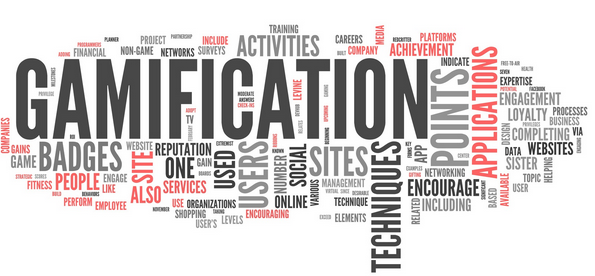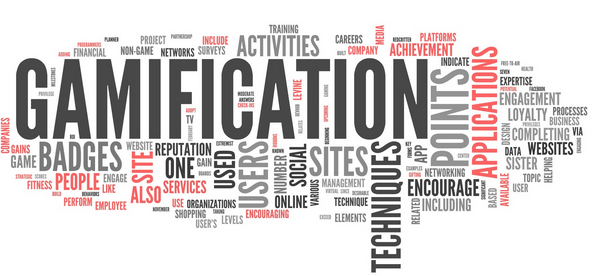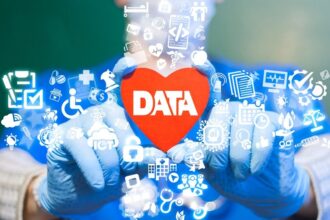

There is one common component that needs to happen when it comes to working or playing a game—engagement. As society transitions into a full-blown digitalization era, advanced technology and big data are being leveraged in the workplace to increase employee engagement through gamification. Gamification is the concept of incorporating elements found in games, such as incentivizing, overcoming challenges, setting goals and competition, into an activity—in this case working. To create games applicable to work, employee happiness and productivity patterns must be recorded and built upon. The emergence of big data and advanced technology make capturing fruitful information possible gamification for to come to fruition.
Today, behavioral data can be acquired via anything with an internet connection. This is includes emails, social media, messaging, phone calls, someone’s online searches or even a mouse click. Advanced technology like smartphones, laptops, tablets and desktop computers are able to function more efficiently than ever before because of powerhouse processors. Qualcomm’s Snapdragon processing unit within device hardware enables connected communications to be executed in the blink of an eye as well as syncing and analyzing an exponential amount of data, data that provides valuable behavioral awareness in the workplace. With this knowledge of big data, companies can cater various gaming programs to help improve office training, education, and overall well being.
Employees find motivation in doing their job when there are checkpoints of measurement in place. Gaming techniques have been incorporated into applications to activate this factor. For example, global cloud-computing company Salesforce.com created the game Badgeville for its CRM product’s employee training and development. In the app, users participate in missions designed around crucial sales processes and behaviors, earning points and badges along the way. The gaming principles integrated in this platform are both a form of engagement for Salesforce employees to adjust habits and an analytics tool that gauges insights of usage by employee.
Gamification can also create a better and safer work environment. Walmart has utilized gaming technology since 2012, promoting the importance of safety culture amongst their 75,000 U.S. associates through a game of questions. Its question-and-answer game has successfully reduced Lost Times (loss in work hours when an employee is out due to work-related injury/incident) by more than 50% and Incident Rates and DART rates (Days Away from work, job Restrictions, and/or job Transfers) have decreased significantly since implementation.
Big data allows for gaming to happen in real-time, yet another way it fuels gamification at work. Hubbub Health is a company that inspires its staff to live healthier lifestyles by personalizing social network challenges to be relevant to each participant’s personal information and activity. It creates the intimate individual experience gaming offers those trying to maintain a healthy work-life balance.
What gamification does is address someone’s deepest needs, finding the appropriate triggers that motivate action—something completely pertinent and necessary in any line of work. Because digital technology has become such a staple in the workplace, it has paved the path for not only the ability to track output and understand personnel to optimize operations, but it additionally provides an outlet for employees to engage in an interactive fashion that catches and holds their attention for the betterment of overall business.
By capitalizing big data insights, gamification can be effectively put in place at work and its addictive reward-loop conditioning nature creates a staying power that organizations gladly welcome. Players ignite their competitive fire when they partake in gaming at the office and become more involved in what they do. It’s leading to a greater sense of accomplishment and employees start to look forward to reaching new levels at work. Advanced technologies and big data are driving the use of gaming principles in the workplace, thus upping engagement, satisfaction, work-life balance and beyond.








-330x139.jpg)